Beyoncé has released a country album, and everyone has an opinion on it. Some country stations won’t play her new track, “Texas Hold ‘em,” such as an Oklahoma radio station that defended its decision by saying, “We are a country music station,” implying Beyoncé wasn’t real country.
But by definition: the guitar plucking, southern drawl, and honky-tonk tune would define it as such. And in fact, this definition was created in the early 1800s by African-American slaves who brought the banjo to America from West Africa, and created country music for years uncredited. So although African-Americans are the creators of country, many lists don’t have a single black country artist in the Top 30, including Billboard and Rolling Stone.
So, why hasn’t there been a black country artist as seismic as Dolly Parton or Willie Nelson? Part of it is human bias, part of it is AI. On the human end of the flawed spectrum of country music, the genre has always represented an idealistic American West, rooted in a time of Reconstructionist U.S., and idealism often gets in the way of activism and change. For why would you change something so established in culture?
And considering that like most cities of pop culture development (Hollywood and New York), Nashville is left-leaning, more diverse country singers should be less sparse in the genre’s landscape. But like the tale of the Montagues and Capulets, Nashville’s blue city and Tennessee’s red state would rather see their stars suffer from controversy and commercial demonetization than work harmoniously.
These two sides consist of a cultural country and a musical country. There can be overlap, but listeners notice when a singer is not aligned with the culture and take heed. This is seen in what happened to the Dixie Chicks in 2006 when they said they were ashamed of then president Texas-born George W. Bush, and then received backlash that would send waves through country music, being told to “shut up and sing,” as they said in their 2006 documentary of the same name. Their popularity plummeted, and they were ghosted by the music industry for the majority of the 2010s. Even Taylor Swift, in the documentary Miss Americana mentions that moment as pivotal in her career, making her decide to be silent for the majority of her musical career in fear of similar backlash.
So, if even artists like Taylor Swift are afraid of the culture that is country music, a culture that tends to promote patriotism at the expense of others, how are smaller artists supposed to feel?
According to Rednecks & Bluenecks: The Politics of Country Music by Chris Willman, then Sony Nashville head John Grady said, “The stereotype is very well documented, and the perception is pretty much the reality,” when it comes to country music conservatism. It is rare to have one without the other, and when they are separate, the popularity of the star, at least on the radio, tends to be limited.
But as aforementioned, human bias is not the only thing that is at play here, so is music streaming services. Often when listening to a single, your music streaming service will recommend similar songs afterward. You would think the similarity of songs would be determined more by sound when it comes to single records, but this is not the case. On Apple Music after playing “Texas Hold ‘Em” on a newly created account, “Moment 4 Life” by Nicki Minaj played after, followed by “Good Days” by SZA. On Spotify, Olivia Rodrigo followed. This directly points to the software not categorizing the song as country despite its label. This may seem like a minuscule flaw in the system, but it is as bad as radio stations erasing Black Women of country music.
If someone listens to a song, and it’s followed by pop or rap, the song is going to be perceived as pop or rap because that is what is automatically categorized as similar. Not even Google seems to know what a Black country music artist is, including Snoop Dogg and Kid Cudi in its top 20 results of Black Country Artists.
But there is hope. When playing a song by rising country star Brittney Spencer who was featured on Beyoncé’s new album, country songs did follow. The reason for the discrepancy is unclear, but to see human error feed into greater AI error is worrying.
As a whole, country music is a genre in debt to the Black artists who shaped it, from the banjo to the first big artists like Jimmie Rodgers, this is simply a historical fact. There is room for both red and blue country singers, just as much as the genre proudly represents red, white, and blue.
The first step is for radio stations and record companies to show equality in the artists they sign and play, based on the merit of their songs, not the aesthetic of their brand that may or may not “look traditionally country,” because that toxic aestheticism has prevailed for too long and robbed the fans of truly great diverse artists, and the artists themselves. For artists like Lil Nas X and Chappell Roan, who have distinctly country motifs but do not fit the artist model for country, they are pushed to pop music, further dissolving pop identity into less of a music genre and more of a salad genre that artists are lumped into.

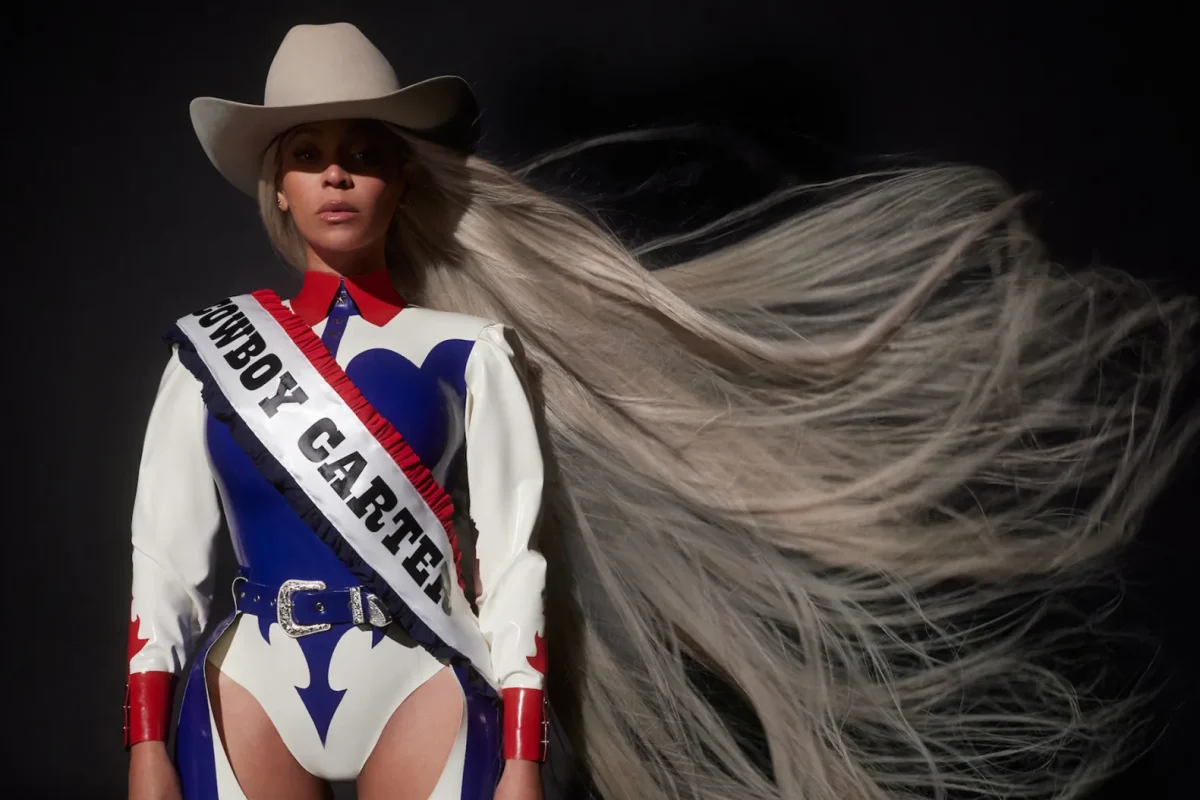
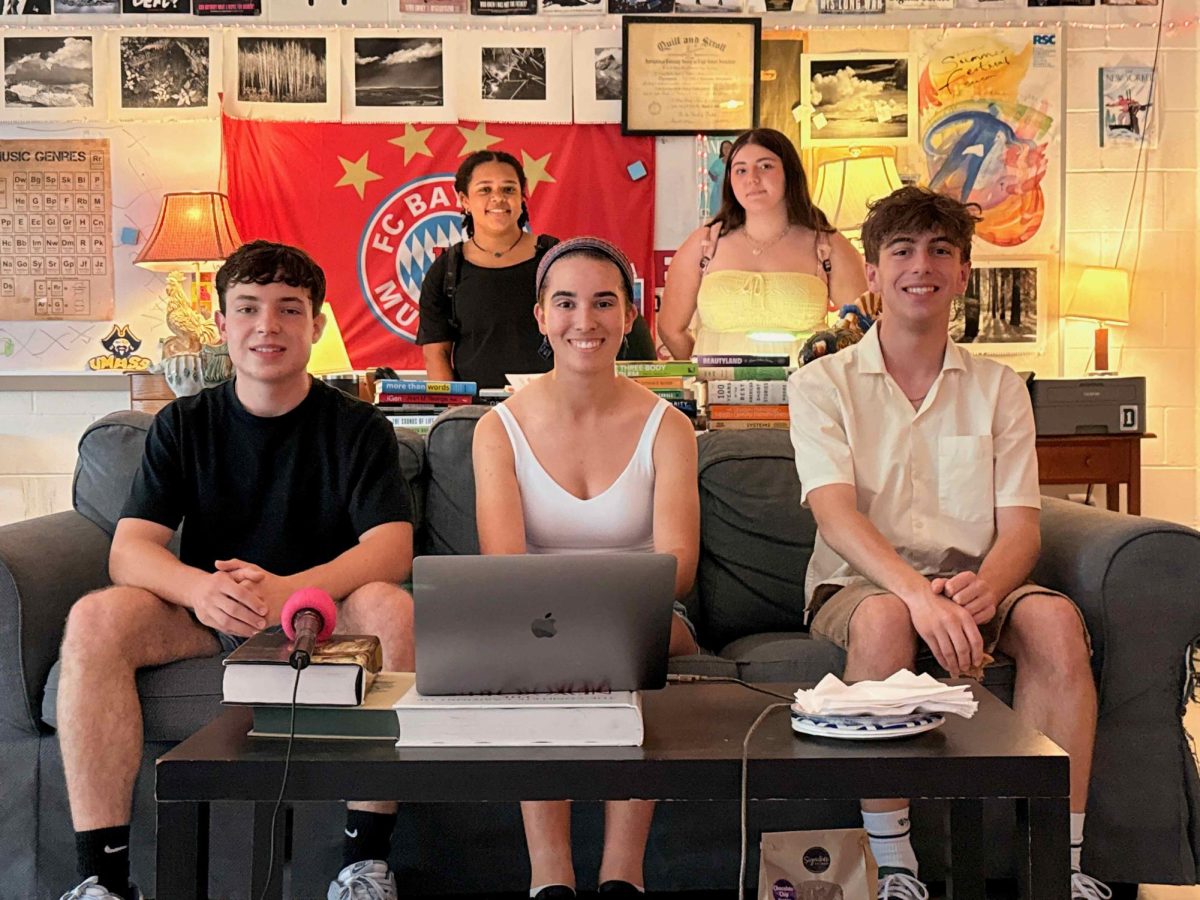

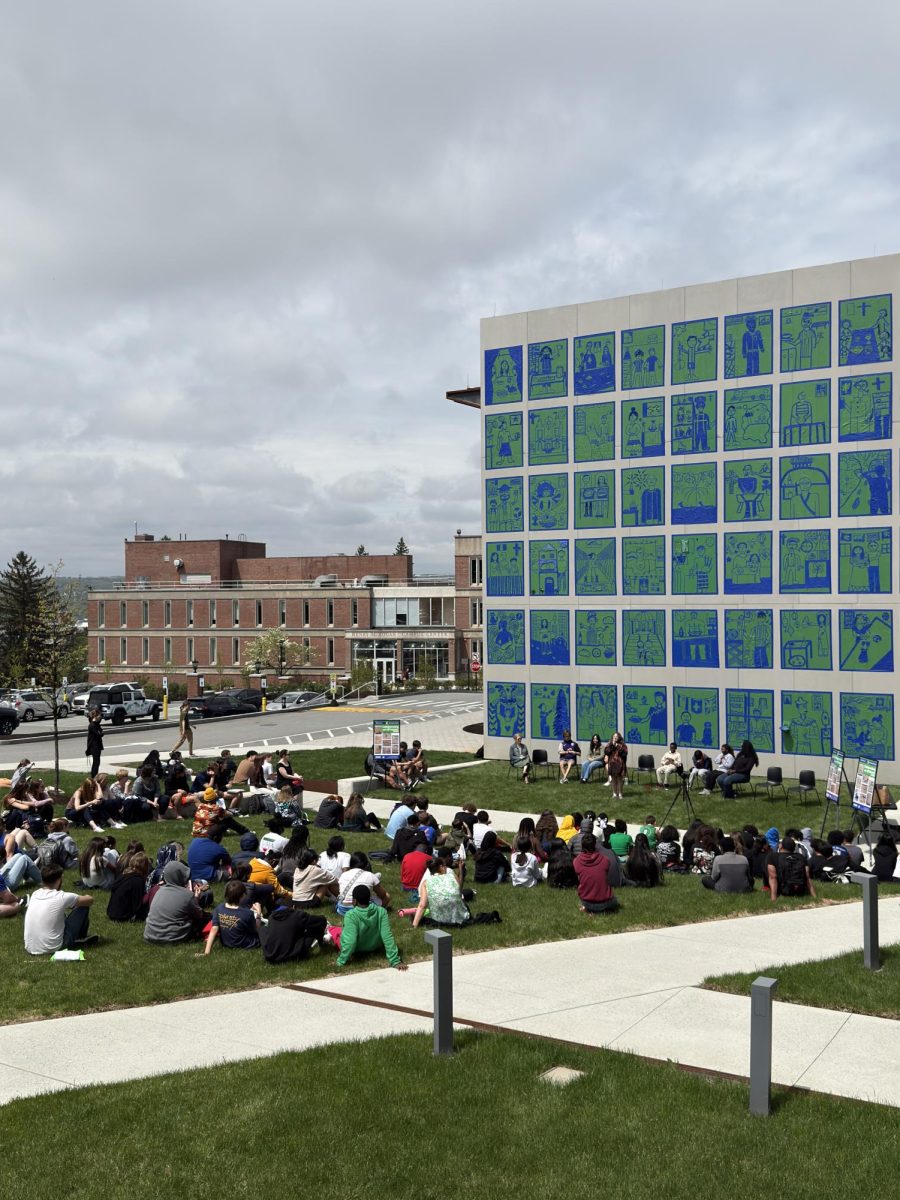
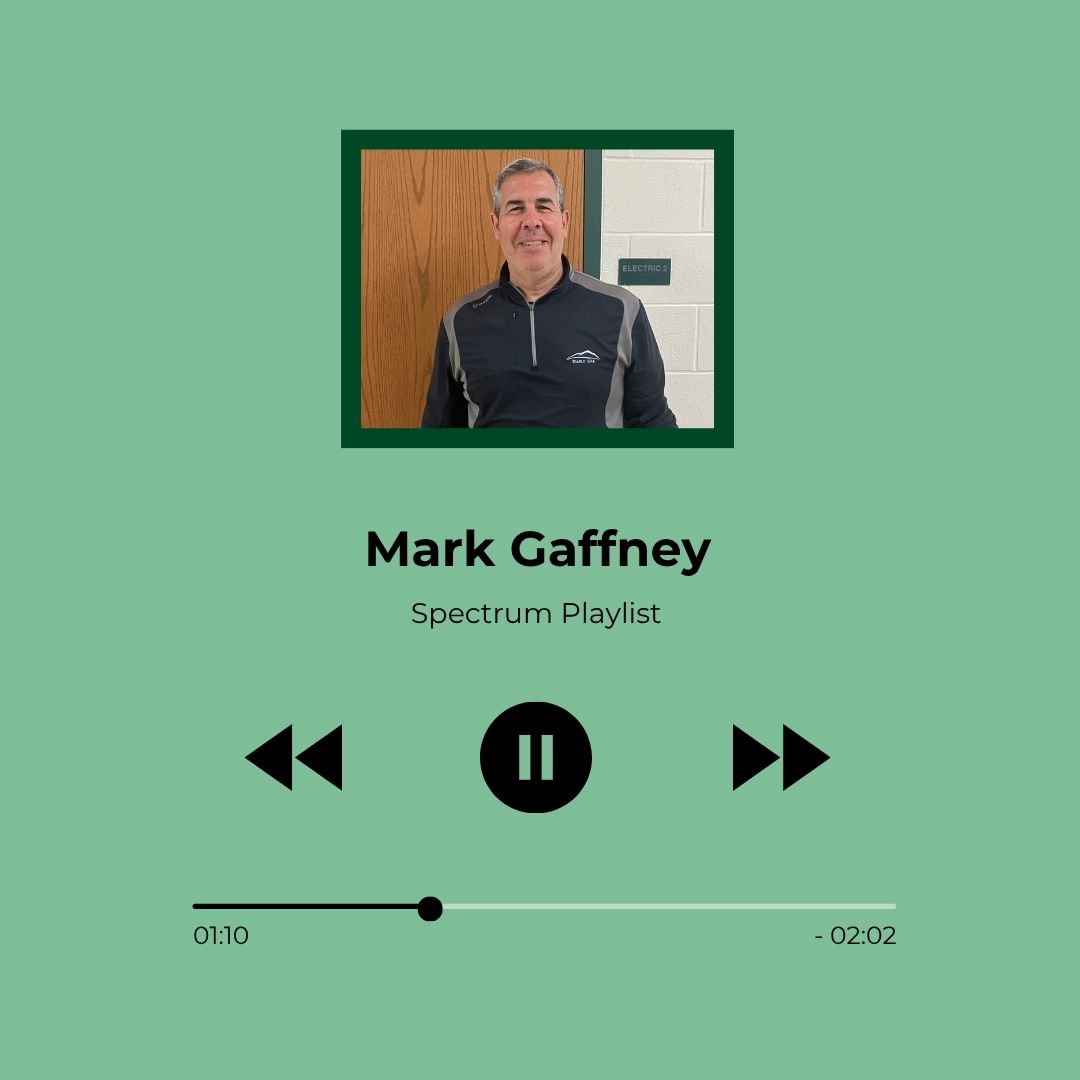
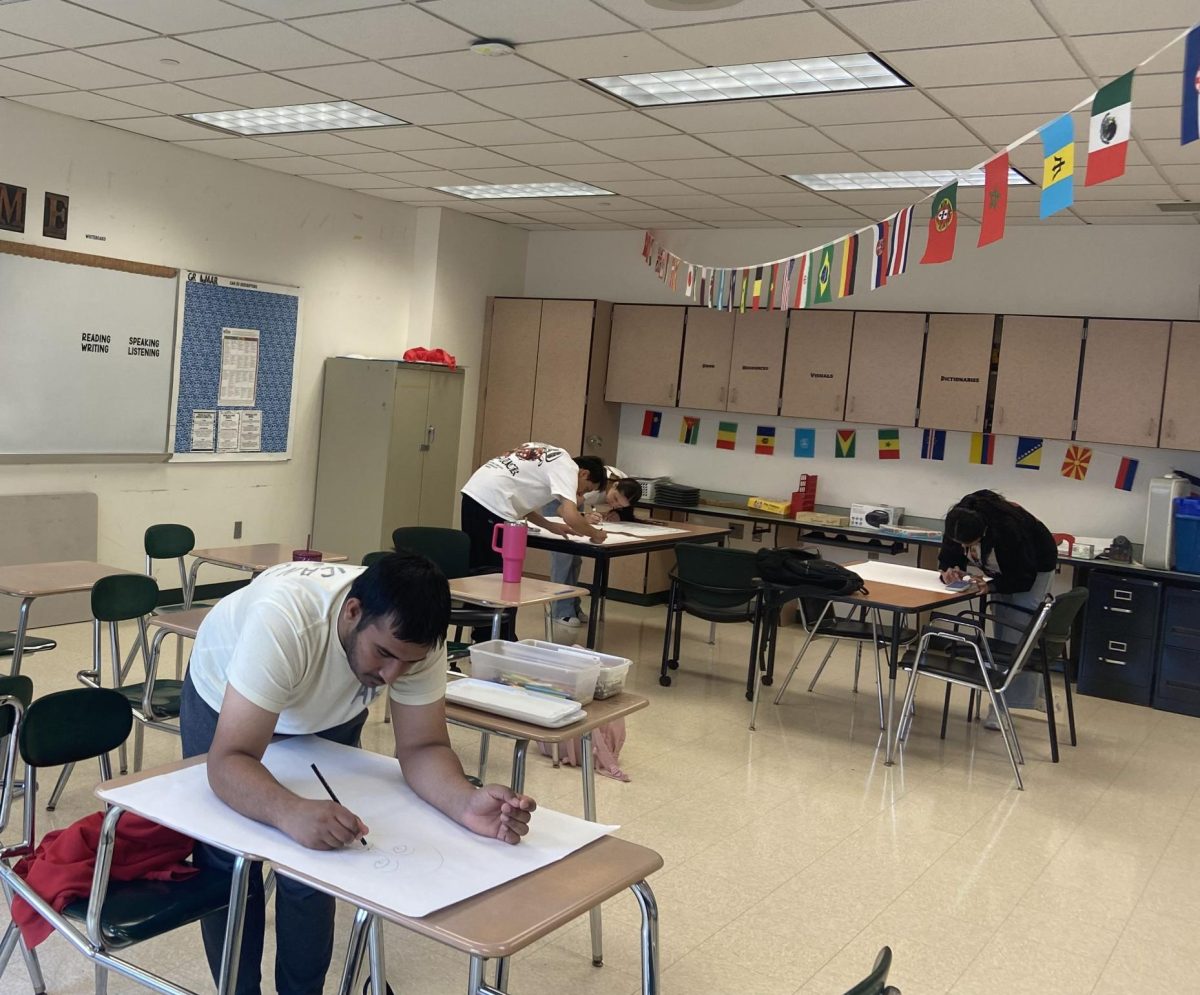
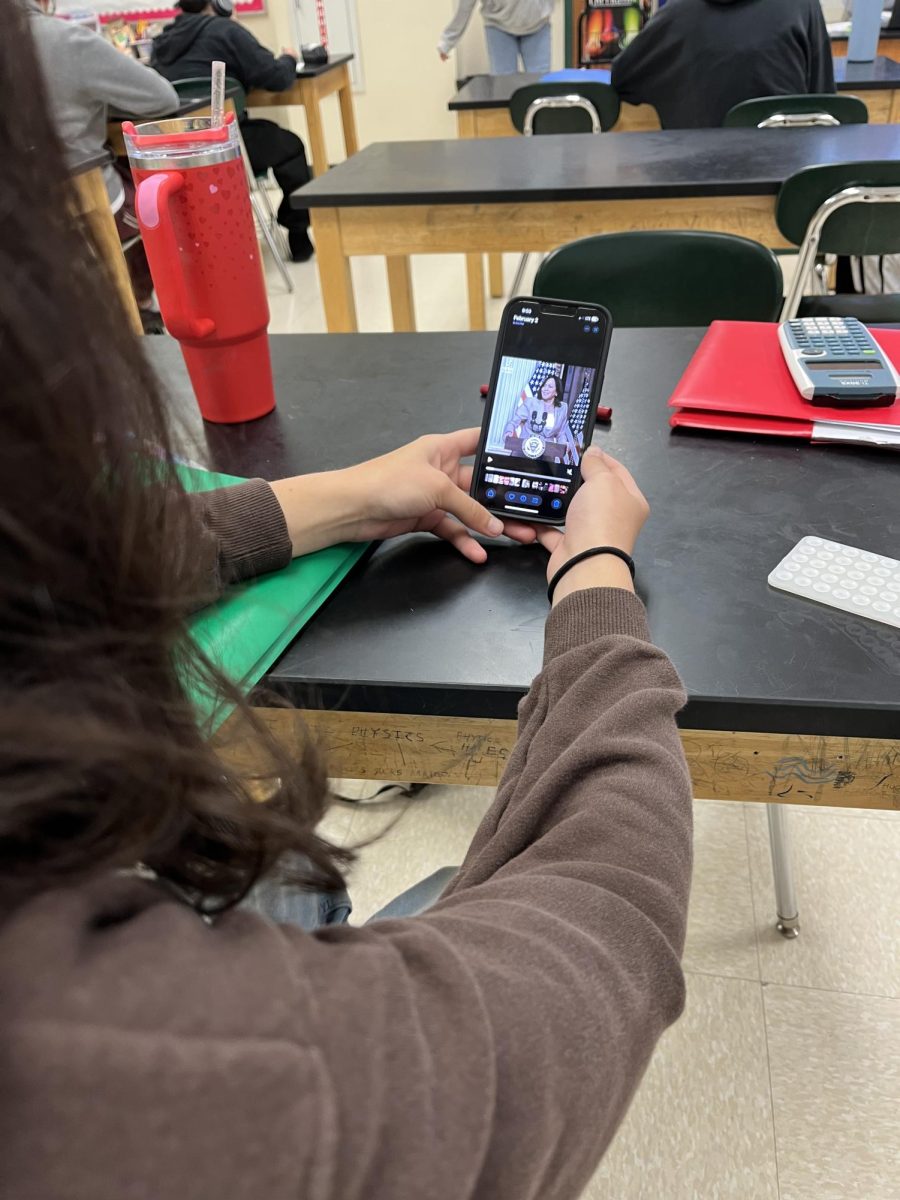
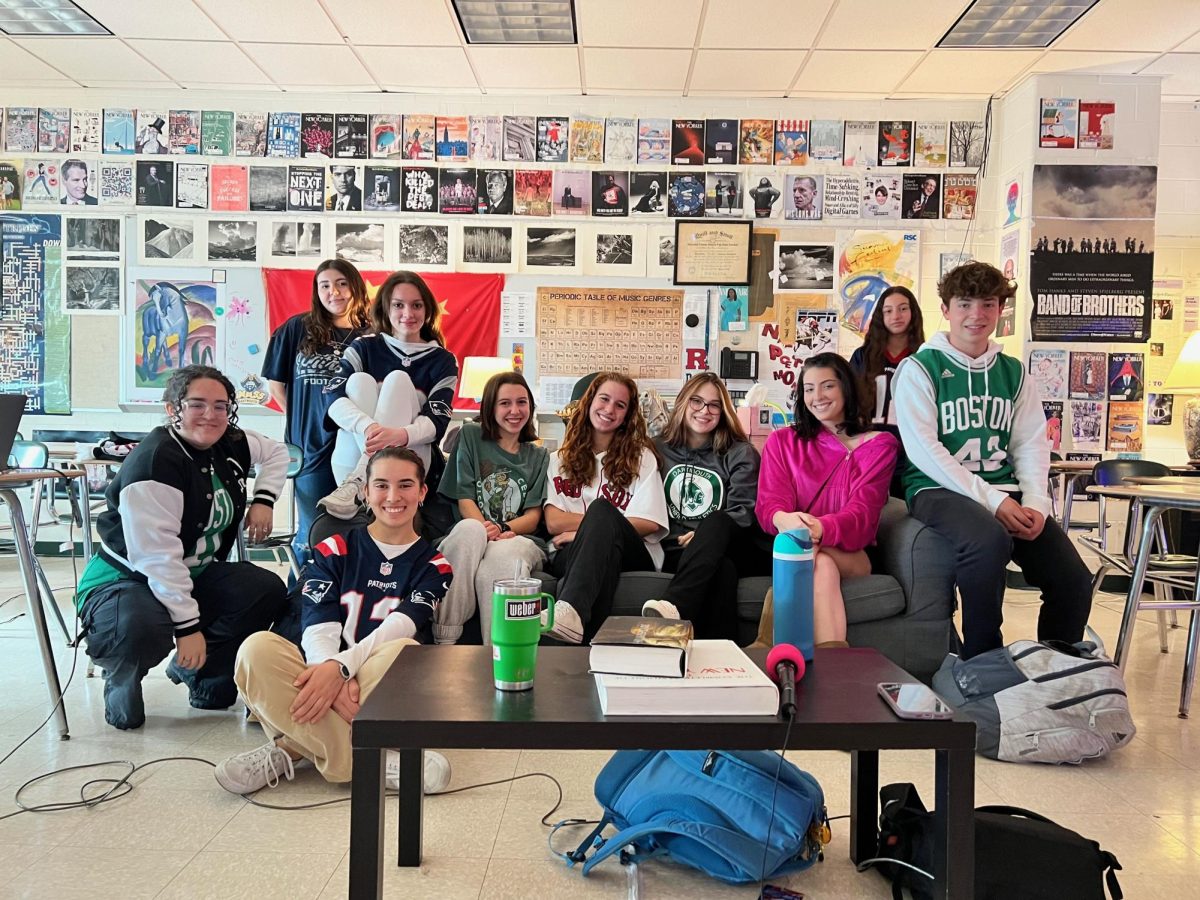

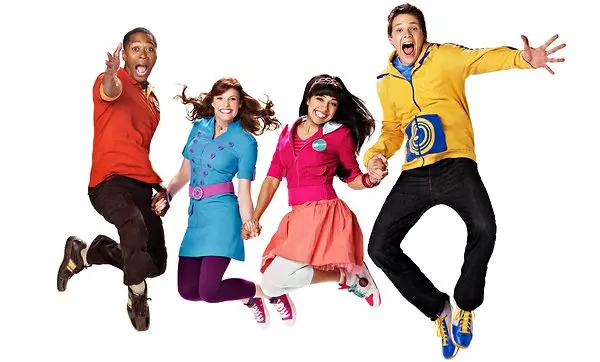
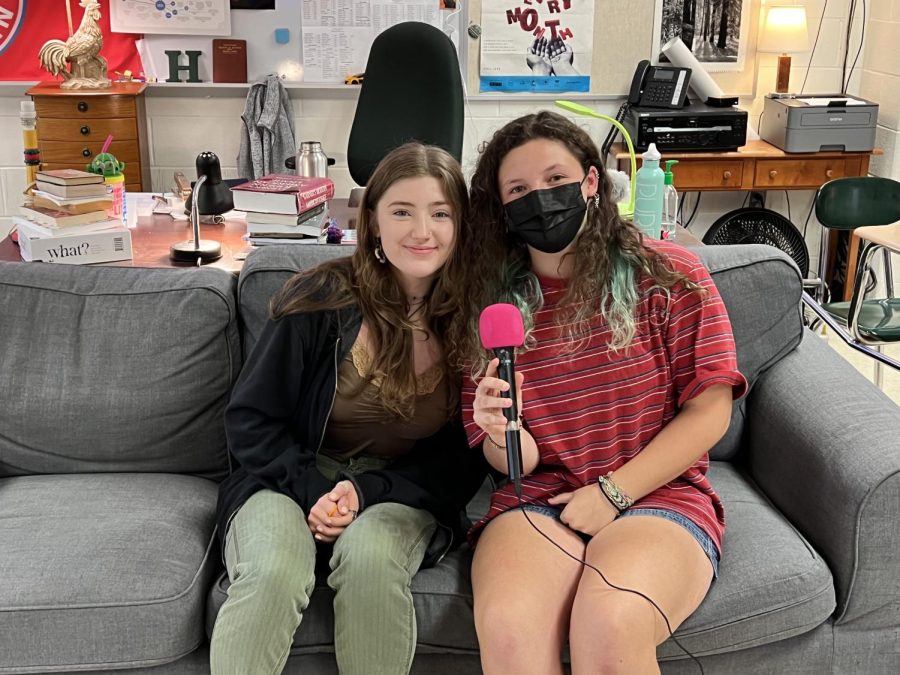
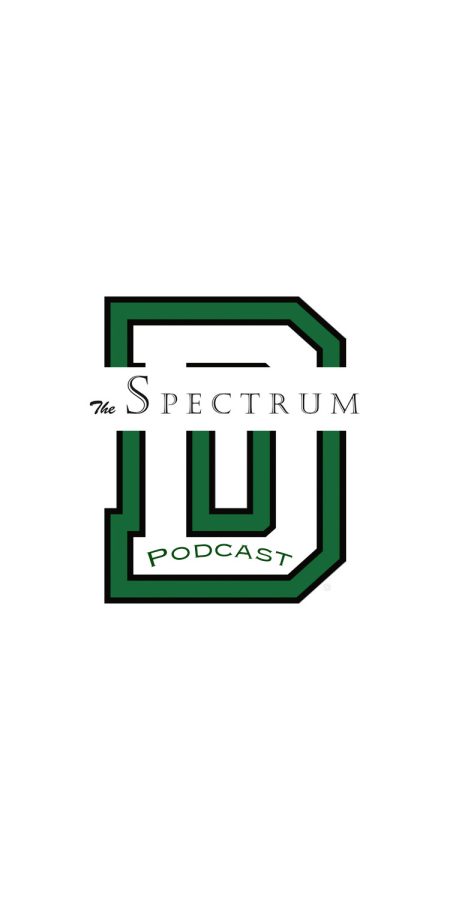
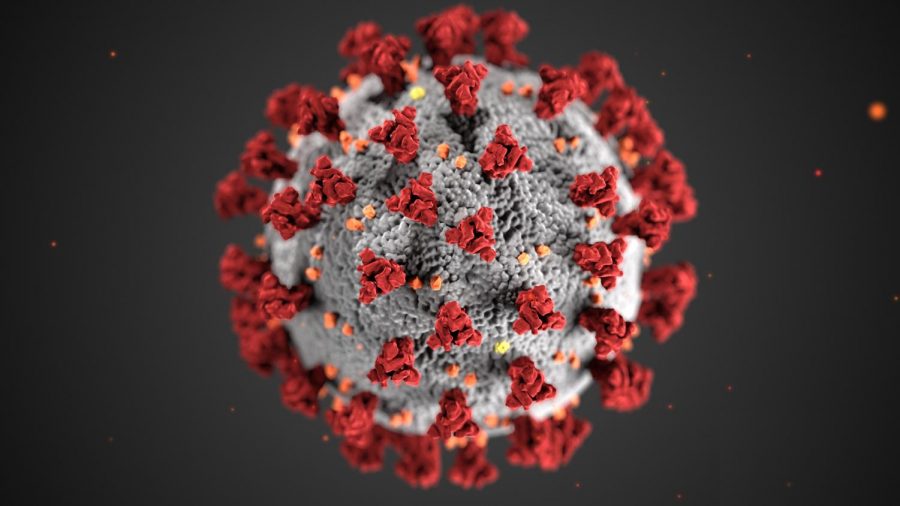
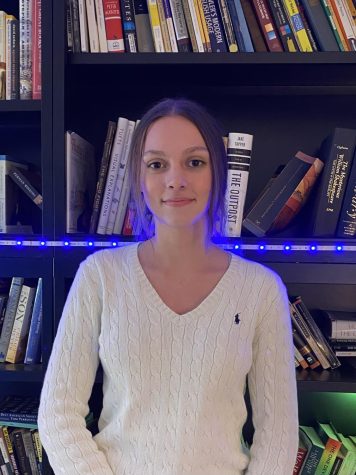

Haydn • Apr 4, 2024 at 11:00 am
i must say Beyonce is not real country sorry all who thought that
Annica • Apr 6, 2024 at 11:01 am
Can you explain why you think this?
I agree that Beyonce herself is not a country artist. She’s a pop artist, which explains why other pop songs followed Texas Hold ‘Em in the queue on Spotify and Apple Music. But her new album is certainly a country album. Artists experiment with other genres all the time. Taylor Swift released two folk albums, but she’s still ultimately considered a pop star. U2 released three electronic albums, one of which is considered their magnum opus, but they’re still ultimately considered to be a rock band. That doesn’t mean Swift’s albums are not real folk or U2’s albums are not real electronica.
I don’t think Beyonce is trying to reinvent herself as a country artist; she’s just experimenting with the genre. And that doesn’t make her album less country.